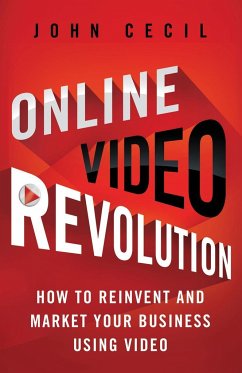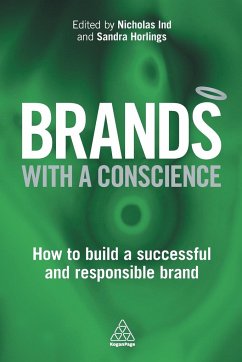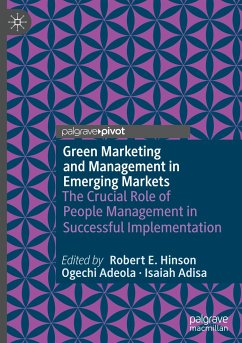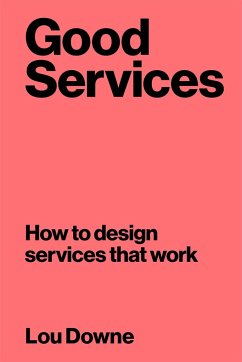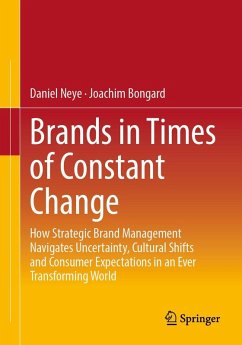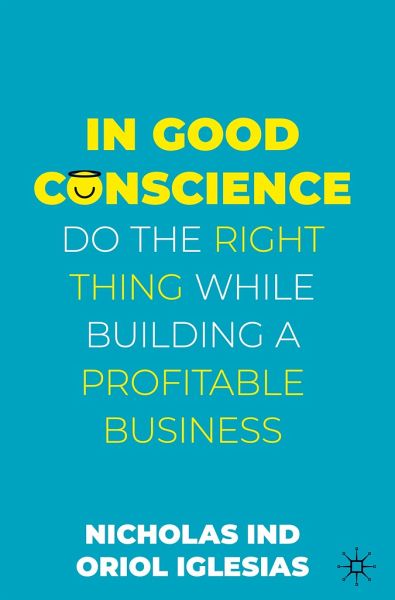
In Good Conscience
Do the Right Thing While Building a Profitable Business
Versandkostenfrei!
Versandfertig in 6-10 Tagen
40,65 €
inkl. MwSt.
Weitere Ausgaben:

PAYBACK Punkte
0 °P sammeln!
When a customer, employee, or investor is faced with a choice of companies amidst a sea of competitors, they increasingly consider how responsible that organization is. Customers want to buy ethical and sustainable; employees want to feel a sense of purpose at work, and investors need reassurance that their investments are good for the long term. To be competitive and valuable to society, firms need to develop an organizational conscience that drives key strategic decisions and spurs sustainable and responsible innovation.In this book, the authors argue that organizations need to think critica...
When a customer, employee, or investor is faced with a choice of companies amidst a sea of competitors, they increasingly consider how responsible that organization is. Customers want to buy ethical and sustainable; employees want to feel a sense of purpose at work, and investors need reassurance that their investments are good for the long term. To be competitive and valuable to society, firms need to develop an organizational conscience that drives key strategic decisions and spurs sustainable and responsible innovation.
In this book, the authors argue that organizations need to think critically about their role and to use their conscience to guide actions. With plenty of concrete suggestions based on substantive research, it shows how firms can reconcile the competing interests of stakeholders, create an organization that is fair, open and transparent and do the right thing while building a profitable business.
With integrated videos and international case studies featuring multinational companies as well as small firms, this book explains how firms can make the transition to becoming conscientious.
In this book, the authors argue that organizations need to think critically about their role and to use their conscience to guide actions. With plenty of concrete suggestions based on substantive research, it shows how firms can reconcile the competing interests of stakeholders, create an organization that is fair, open and transparent and do the right thing while building a profitable business.
With integrated videos and international case studies featuring multinational companies as well as small firms, this book explains how firms can make the transition to becoming conscientious.







